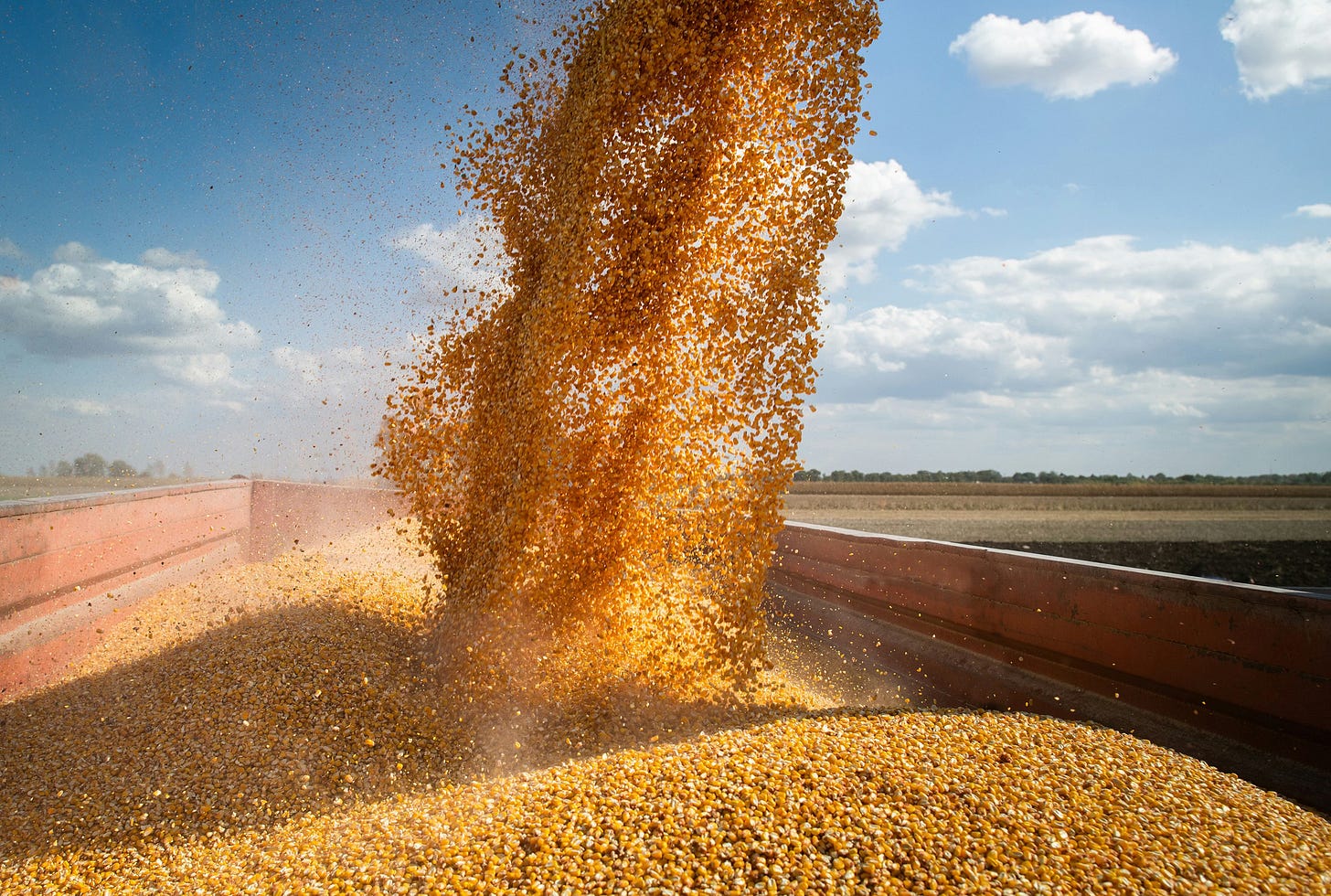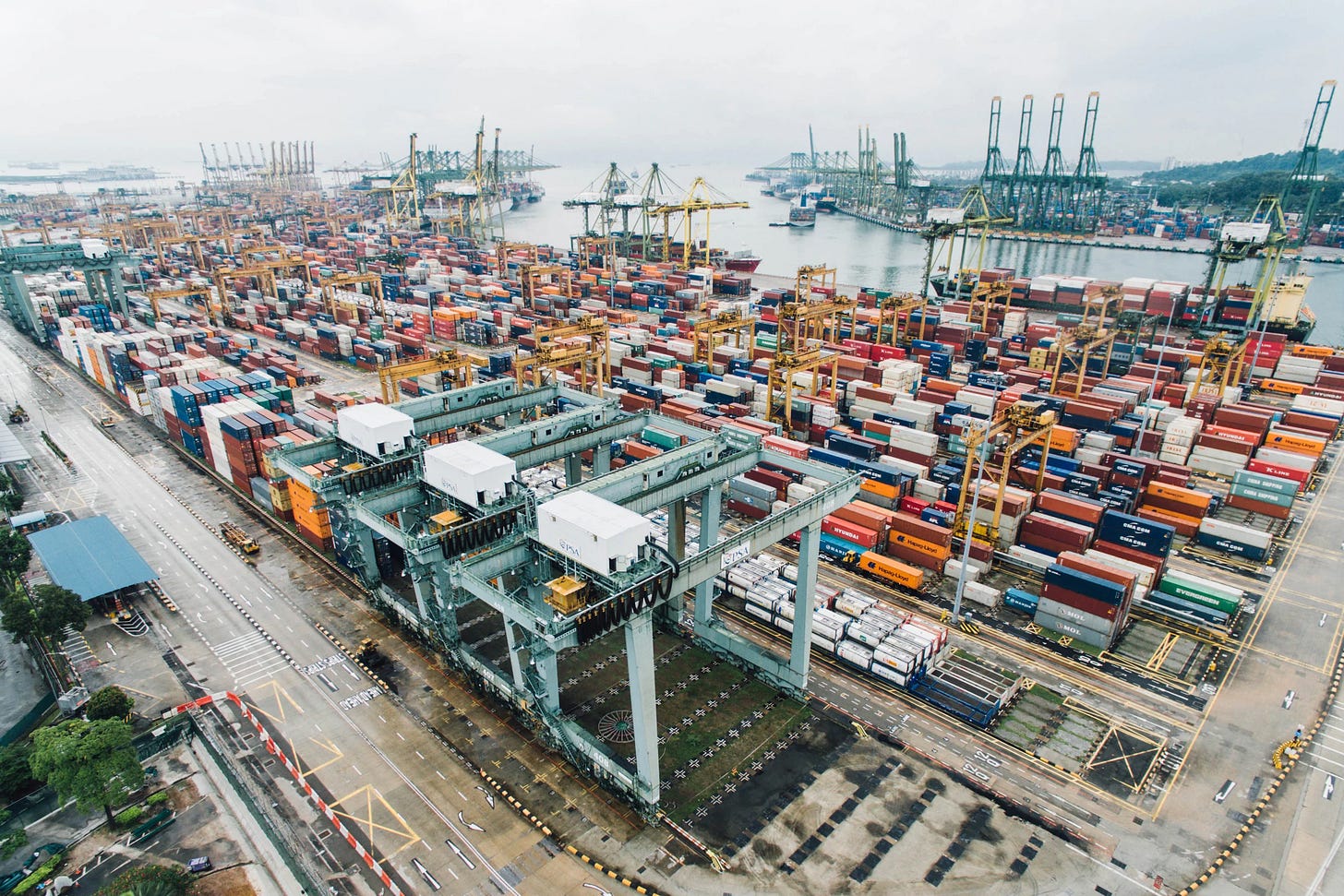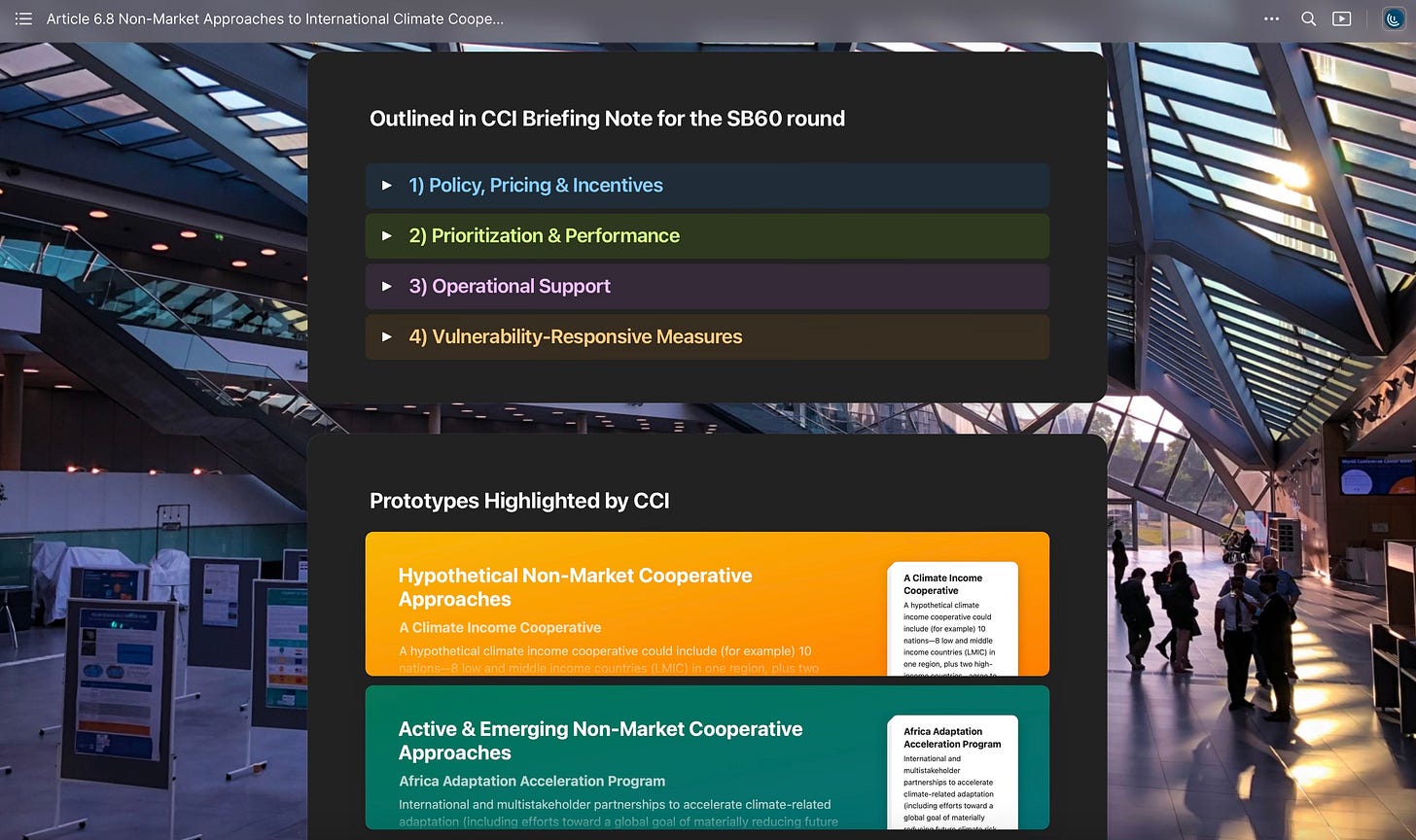Imagine trade that does good for everyone
We must demand trade that fosters an inclusive, crisis-averting race to the top. Climate value considerations can ensure local communities and national economies benefit from international exchange.
Imagine a world where every bite of food you eat carries an implicit benefit to your own health, and to the health of nature. Imagine that same bite of food reduces the need for disaster response funding, helps to stabilize national budgets, and provides better livelihoods for farmers and their communities. Imagine all of this is also as affordable, or even more affordable, than what you find now on your plate.
There are a lot of factors that affect whether any of this can happen in your everyday experience. The place where they all come together is the diverse landscape of international relations we boil down under the heading of ‘trade’. For a lot of reasons, the existing global system of trade relations is not set up to produce such glorious outcomes; it is meant to allocate resources efficiently between countries, but not necessarily to get the best possible outcome for everyone involved.

Some think you must be for trade or against it. Some believe trade is about some nations taking and others having a right to “punish” them for unfairness. Of course, there is unfairness built into any competitive system, and nations don’t negotiate on equal footing, and they don’t always prioritize all of their own people. Even so, the anti-trade argument is premised on a false choice.
Climate-smart trade recognizes that by exchanging goods and services, the people of different nations can expand each other’s opportunity and security. It also recognizes that the quality of trade relations matters, and it matters whether rogue nations can abuse trade to welcome or condone harmful practices that undermine everyone’s security and wellbeing. Leadership is required, to set higher standards and to establish a community of practice around trade that does good for all.
Such resilience-building trade needs to value, account for, and actively promote:
Human health and wellbeing;
Improved livelihoods in all participating countries, and across diverse communities;
Sustainable food security, including affordable access to health-building, nutritious food;
Reduced climate pollution and solid, sustainable development;
The revitalization of local economies;
Nature restoration and conservation;
Enhanced resilience against shocks and their ripple effects.
This might sound like an idealist’s wish-list, but that is only because we are accustomed to the ongoing “race to the bottom”, where affordability is achieved by cutting corners, and nations don’t insist on higher standards. Wherever you live, your government could do that and make a better quality of everyday experience possible within its borders.

In a race to the top model of trade, governments cooperate to reward investors, producers, networks, and consumers, that stick to better standards and create enhanced foundational value for everyone else. This is what we mean by climate value: enhanced overall security and wellbeing, traceable through climate signals. That means reducing risk and cost, freeing up resources to invest in better outcomes across the board, and secure notable non-financial returns, such as:
clean air and water,
better health,
more sustainable food supplies,
fiscal stability, and
security through cooperative threat reduction.
My colleague, Steve Valk, writes in a new CCI blog on climate-smart trade:
“trade affects the state of our climate, and the state of our climate affects trade, the global economy and much more — food security, health, political stability, migration. The inescapable conclusion is that climate value must be embedded in every decision we make regarding trade.”
Trade—the exchange of goods and services between people in different nations—can generate consistently improved outcomes for all. The design of trade relations, government regulations, financial sector standards and practices, and enforcement and redress mechanisms, all play a role in deciding whether we we suffer needless cost and harm or whether we live in a world that is just and sustainably prosperous.
The great missing detail in many trade discussions is how to leverage the capabilities, aspirations, needs, and emergent potential, of local communities—to improve the quality and volume of constructive trade and to bring home the rewards. At CCI, we see stakeholder engagement as crucial, and we wish to highlight the role of small and medium-sized enterprises with a more local footprint suited to right-scaling and ground-truthing climate-smart investment, trade, and development.
Nations, communities, innovators, and stakeholders, should be looking for ways to amplify their own participation in the global transition to a climate value economy. Jobs, education, investment, and quality of life, will all be shaped by how well they meet this moment.
Multilateral climate action acceleration library

Further reading
CCI Briefing Note to G7: Define climate leadership by example
CCI Briefing Note to SB60 negotiations: Cooperate to unlock the climate value economy
Climate-related trade and development news from the UN Conference on Trade and Development
The Right to Resilience – The 2023 Reinventing Prosperity Report
Roadmap for scaling impact investment in urban food systems released by Food Trails Initiative


Dr. Robertson - Keeping the principles of climate-smart trade in mind, should we be concerned about the tariffs the U.S. is preparing to impose on Chinese-manufactured Electric Vehicles and Solar Panels?